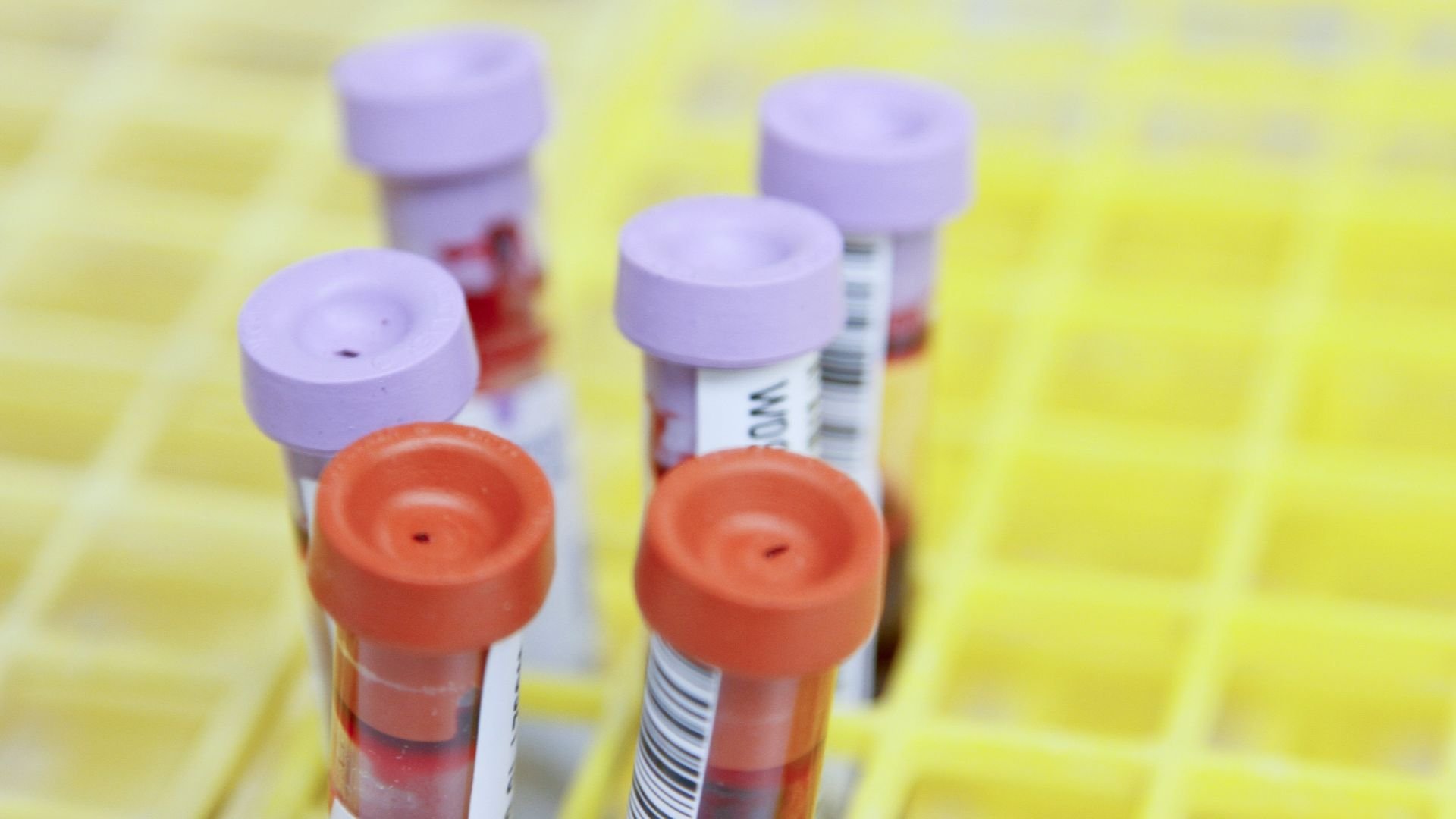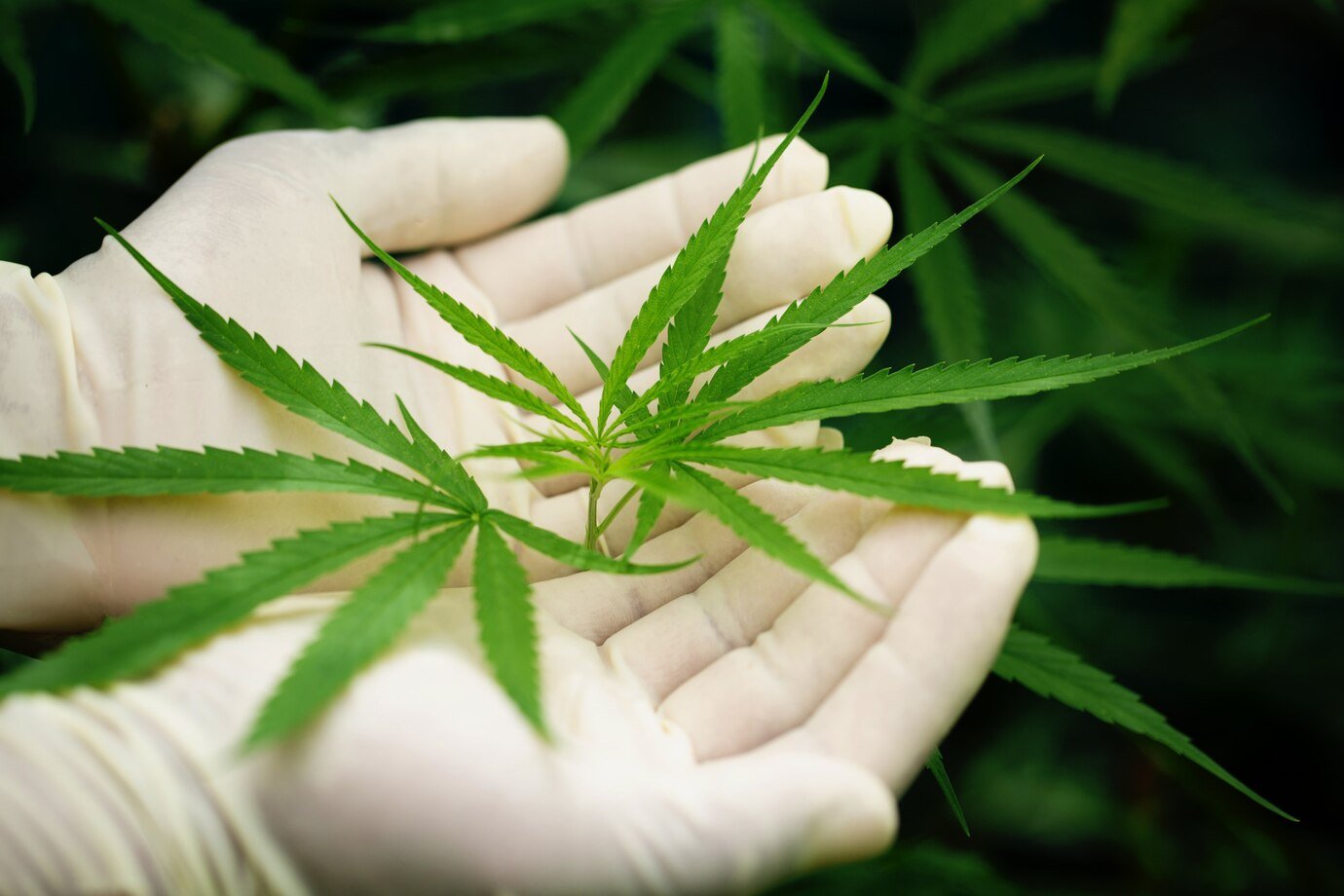A recent study involving over 1,000 adults suggests that cannabis use might induce changes in the human body’s epigenome. The epigenome, a crucial regulatory system, functions akin to a set of switches that either activate or deactivate genes, thereby influencing how our bodies operate.
“We observed associations between cumulative marijuana use and multiple epigenetic markers across time,” explained Lifang Hou, an epidemiologist at Northwestern University, when the study was published in 2023. This finding highlights a potential link between cannabis use and changes in genetic regulation.
Prevalence of Cannabis Use

Cannabis is a prevalent substance in the United States, with 49 percent of people having tried it at least once, as noted by Hou and her team of researchers in their published paper.
Despite its legalization in some US states and other countries, the full impact of cannabis on health remains unclear and requires further investigation.
Study Design and Participant Information

The research team examined around 1,000 adults who had participated in a previous long-term study, providing information about their cannabis use over a span of 20 years.
These study participants, who were between the ages of 18 and 30 at the study’s onset, submitted blood samples at two critical intervals: the 15-year and 20-year marks.
Analysis of Epigenetic Changes

Using these blood samples, which were taken five years apart, Hou and her colleagues focused on investigating epigenetic changes, particularly DNA methylation levels in individuals who had used cannabis either recently or over an extended period.
DNA methylation, one of the most extensively studied forms of epigenetic modification, involves the addition or removal of methyl groups from DNA.
Impact of DNA Methylation on Gene Activity

This modification does not alter the genomic sequence itself but affects gene activity by making it more challenging for cells to interpret the genetic instructions.
Environmental and lifestyle factors, including cannabis use, can trigger these methylation changes, which can be inherited by future generations.
Role of Blood Biomarkers

Blood biomarkers can reveal both recent and historical exposures to these modifying factors. “We previously identified associations between marijuana use and the aging process as captured through DNA methylation,” Hou stated.
“We wanted to further explore whether specific epigenetic factors were associated with marijuana and whether these factors are related to health outcomes,” she added. The researchers used the extensive data on participants’ cannabis use to estimate both cumulative and recent use.
Findings on DNA Methylation Markers

They compared this data with DNA methylation markers in the blood samples for analysis. The findings revealed numerous DNA methylation markers: 22 in the 15-year blood samples associated with recent use and 31 linked to cumulative cannabis use.
In the 20-year samples, they identified 132 markers associated with recent use and 16 linked to cumulative use.
Potential Shared Epigenetic Regulation

Freepik
“Interestingly, we consistently identified one marker that has previously been associated with tobacco use,” Hou explained.
“This suggests a potential shared epigenetic regulation between tobacco and marijuana use,” pointing to possible similarities in how these substances affect gene regulation.
Links to Health Conditions

The study also noted that various epigenetic changes associated with cannabis use have been previously linked to processes such as cellular proliferation, hormone signaling, and infections.
Additionally, these changes have been connected to neurological disorders including schizophrenia and bipolar disorder, as well as substance use disorders.
Limitations of the Study

Freepik
However, it is crucial to note that this study does not establish a direct causative link between cannabis use and health problems.
The findings provide valuable insights into how cannabis might influence epigenetic factors but do not confirm that cannabis use directly causes health issues.
Future Research Directions

“This research has provided novel insights into the association between marijuana use and epigenetic factors,” said Drew Nannini, an epidemiologist from Northwestern University.
“Additional studies are needed to determine whether these associations are consistently observed in different populations.”
Long-Term Health Implications

Moreover, Nannini emphasized that research examining the effects of marijuana on age-related health outcomes could offer further insights into its long-term impact on health.
Understanding these effects is crucial for developing a comprehensive view of cannabis’s impact on human health.








































